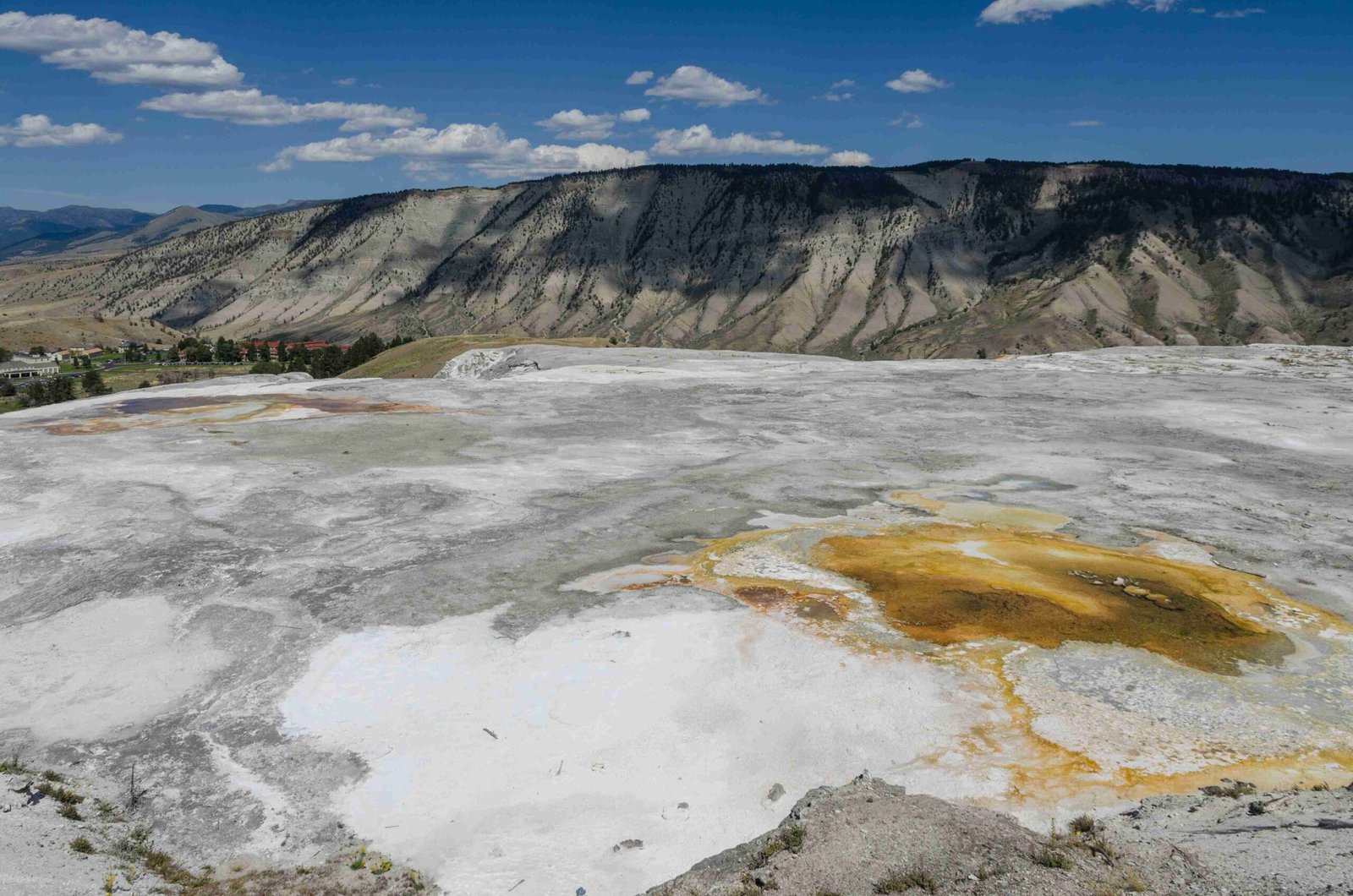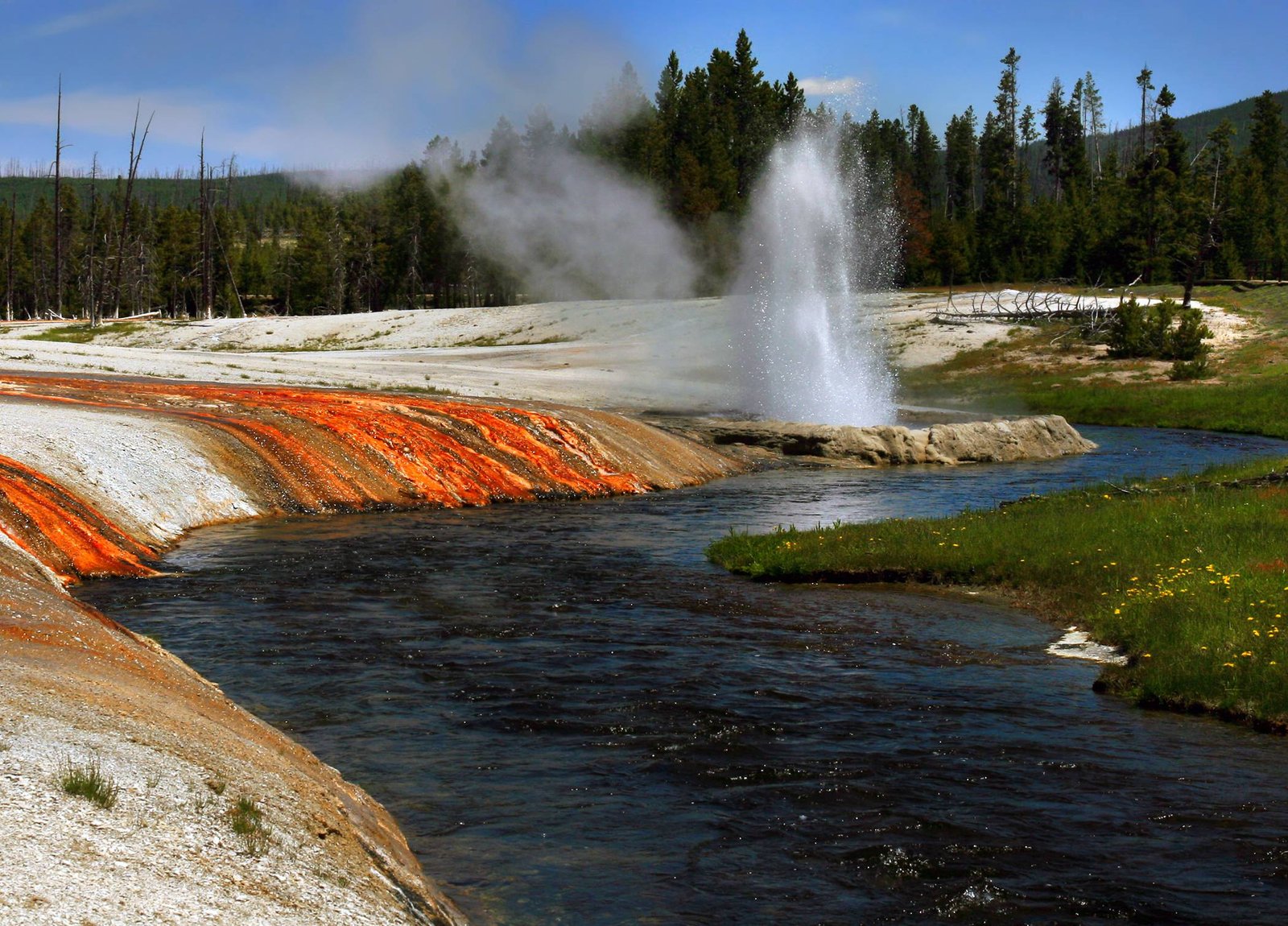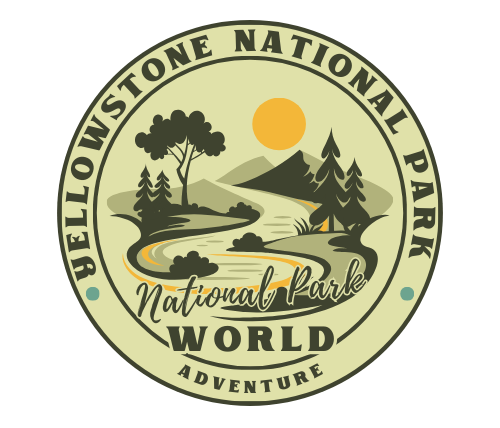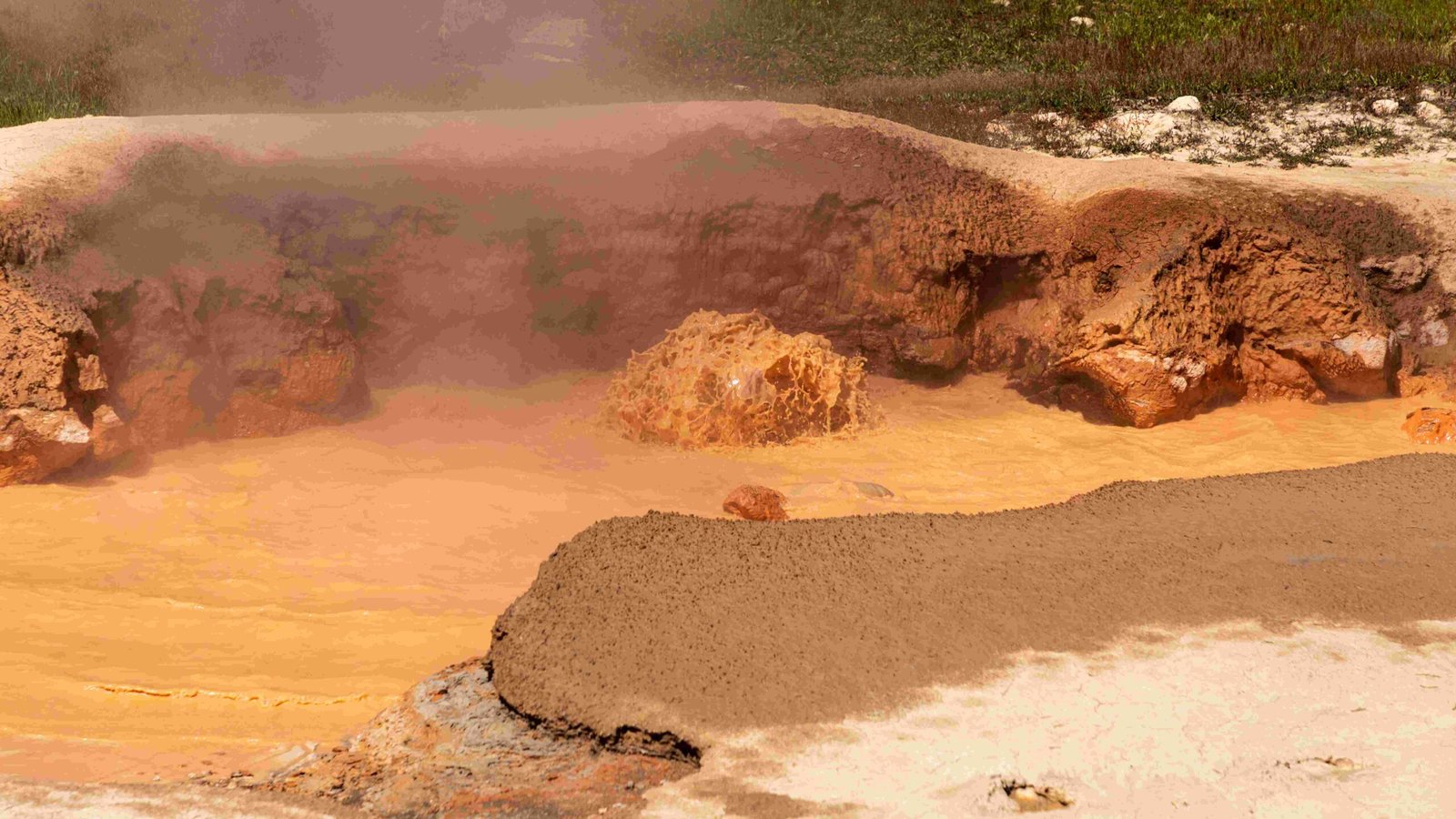The Yellowstone National Park Trout Lake hike is a popular 1.2-1.3 mile round trip trail featuring stunning mountain views, diverse wildlife, and the picturesque Trout Lake. With an elevation gain of 250-300 feet, this moderately challenging hike offers a rewarding experience for nature enthusiasts and photographers. The trail is best accessed from May to September, providing opportunities to witness spawning cutthroat trout and vibrant wildflower displays.
What Makes the Trout Lake Trail Unique?

The Trout Lake Trail in Yellowstone National Park stands out for several reasons:
- Scenic beauty: Panoramic views of surrounding mountains, including Abiathar Peak
- Wildlife viewing: Opportunities to spot river otters, bison, elk, and potentially wolves
- Seasonal attractions: Spawning cutthroat trout in June and wildflower blooms in spring/early summer
- Accessibility: A relatively short hike suitable for various skill levels
- Photography opportunities: Reflective lake surface, especially stunning during sunrise and sunset
How Difficult is the Trout Lake Trail?

The Trout Lake Trail presents a moderate challenge due to its initial steep incline. Here’s a breakdown of the trail’s difficulty:
- Distance: 1.2-1.3 miles round trip
- Elevation Gain: 250-300 feet
- Trail Conditions:
- Starts with a steep 0.3-mile climb through Douglas-fir forest
- Levels out and descends to the lake
- Not wheelchair accessible or stroller-friendly
- Challenges:
- Initial steep climb
- Potential wet areas around the lake
- Tall grasses and wildlife presence require caution
What is the Best Season for the Trout Lake Hike?
The optimal time to experience the Yellowstone National Park Trout Lake hike varies depending on your preferences:
| Season | Advantages | Considerations |
|---|---|---|
| Spring (May-June) | Wildflower blooms, spawning trout | Potential lingering snow, cooler temperatures |
| Summer (July-August) | Warm weather, active wildlife | Busier trails, potential afternoon thunderstorms |
| Fall (September-October) | Fewer crowds, fall colors | Cooler temperatures, shorter daylight hours |
| Winter (November-April) | Solitude, unique snow-covered landscapes | Requires winter gear, challenging conditions |
What Scenic Views Can I Expect on the Trout Lake Hike?
The Trout Lake hike offers a variety of scenic viewpoints and natural features:
- Trout Lake itself: A picturesque alpine lake with mountain reflections
- Surrounding mountains: Views of Abiathar Peak and other nearby peaks
- Soda Butte Creek valley: Accessible via a short side trail
- Small waterfall: Located near the lake’s outlet stream
- Inlet stream: Where spawning cutthroat trout can be observed in June
- Wildflower meadows: Vibrant displays in spring and early summer
Are There Fishing Opportunities at Trout Lake?
Fishing is permitted at Trout Lake, but with specific regulations:
- A fishing permit is required
- Seasonal restrictions apply due to spawning activities
- Park regulations prohibit felt soles and require Aquatic Invasive Species (AIS) inspections for watercraft
- Consult park rangers or the official Yellowstone website for current catch limits and license information
What Wildlife Might I Encounter on the Trout Lake Trail?
The Trout Lake area is home to diverse wildlife:
- Aquatic species: Cutthroat trout, river otters
- Large mammals: Bison, elk, wolves (occasionally)
- Smaller animals: Coyotes, various bird species
- Bears: Both black and grizzly bears inhabit the area
Safety Tip: Always maintain a safe distance from wildlife and carry bear spray.
How Can I Prepare for the Yellowstone National Park Trout Lake Hike?
To ensure a safe and enjoyable experience:
- Check current trail conditions with park rangers
- Wear sturdy hiking boots and bring trekking poles for the steep sections
- Pack layers for changing weather conditions
- Bring plenty of water and snacks
- Carry bear spray and know how to use it
- Bring a camera for capturing the scenic views
- Consider insect repellent, especially during summer months
- Leave no trace: Pack out all trash and follow park regulations
By following these guidelines, you’ll be well-prepared to enjoy the natural beauty and unique experiences offered by the Yellowstone National Park Trout Lake hike.

